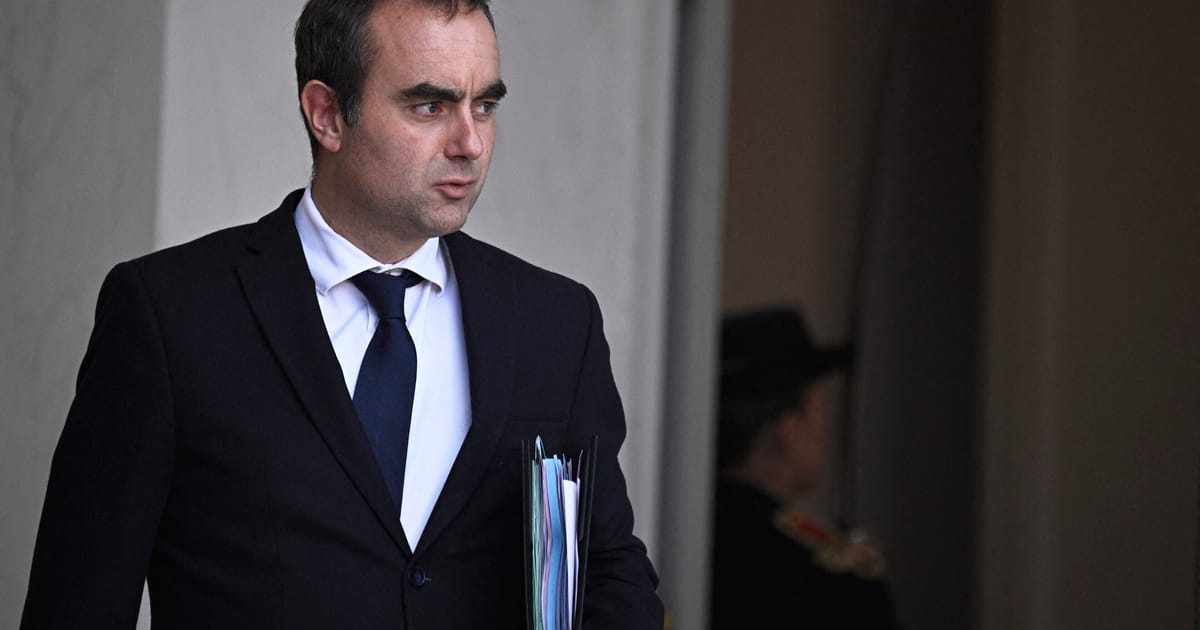The social security budget would likely need votes from the Socialists, whose 69 lawmakers hold the balance of power in France’s National Assembly, to pass. If the parliament fails to adopt a budget, it will allow the government to legislate via executive action. This would effectively give Lecornu the power to force through the government’s agenda regardless.
The Socialist’s parliamentary leader, Boris Vallaud, conceded that the party was taking a “risky bet” by trusting the prime minister to keep his word on freezing the pension reform.
Other opposition parties quickly questioned how serious the government was about the announcement.
“All of this feels like a mix of improvisation — and maybe a bit of a swindle,” said the head of the French National Assembly’s finance committee, Eric Coquerel, a prominent lawmaker for the hard-left France Unbowed group.
The reform involves raising the minimum retirement age by three months each year until 2030. The government’s current proposal is to pause the increase at 62 years and nine months until January 2028, which is after the next presidential election.
Emmanuel Macron on Tuesday appeared to give tacit approval to Lecornu to freeze the reform, which has come to define his embattled second term in office.

